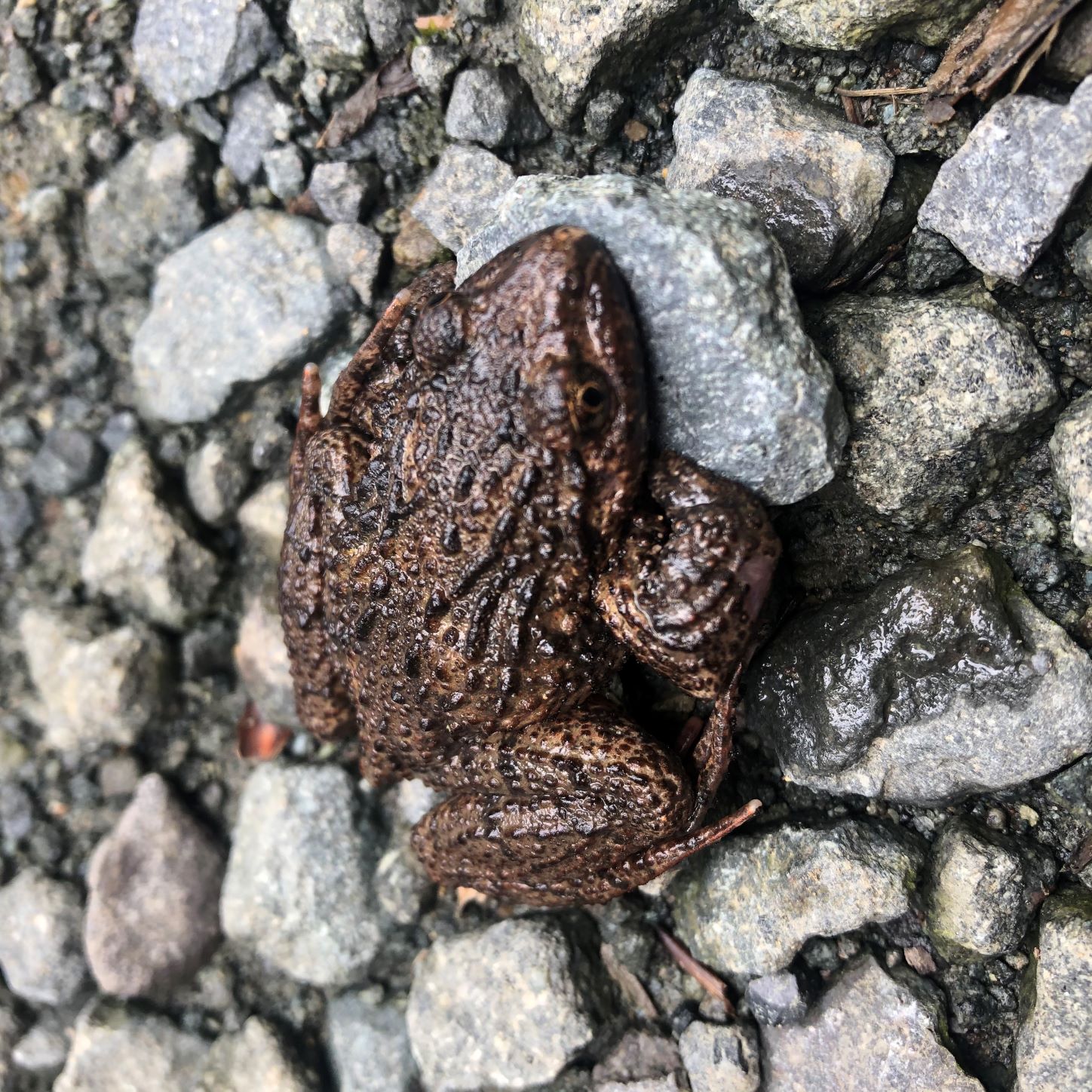AH News: New morphological data from a Turkish population of Pelodytes caucasicus
A good understanding of age structure and body size distribution is often necessary in order to estimate the viability and dynamics of a population. Such data are even more important for populations of species that face the risk of extinction.
Pelodytes caucasicus is a nearly endangered species for which weight data were missing in the scientific literature, and only few studies had investigated age structure and body size. A recent manuscript, that will be published in the next issue of Acta Herpetologica, provides new insights about a population of the Caucasian parsley frog inhabiting the Lake Borcka Karagol territory, in Turkey.
Field measurements and skeletocronology were used to obtain data about the SVL, weight and age of 50 adult specimens (18 males and 32 females) collected in 2013. Males were found to be significantly larger and heavier than females. A male-biased sexual size dimorphism is unusual in Anurans, but might not be surprising in species in which male-male competition and territoriality are strong. Alternatively, the authors of the study suggest that the male-biased SSD might arise from the ecological preferences of P. caucasicus, in a complex interaction among macroecological factors, sexual selection and natural selection. In the studied population, finally, mean age was significantly higher in males than in females, with average values that closely resemble those found in other Turkish populations.
In addition to the ecological and life history consideration inferred from the SVL and age structure, the manuscript is particularly relevant because it provides the first recorded weight data for P. caucasicus, opening the way for further studies investigating how age structure and growth patterns interact with ecological conditions and reproductive characteristic of the species.
Read more about the age estimation and body size of P. caucasicus from Lake Borcka Karagol here.
See you in two weeks!

Ph.: Pelodytes caucasicus - courtesy of Dr. Cantekin Dursun
